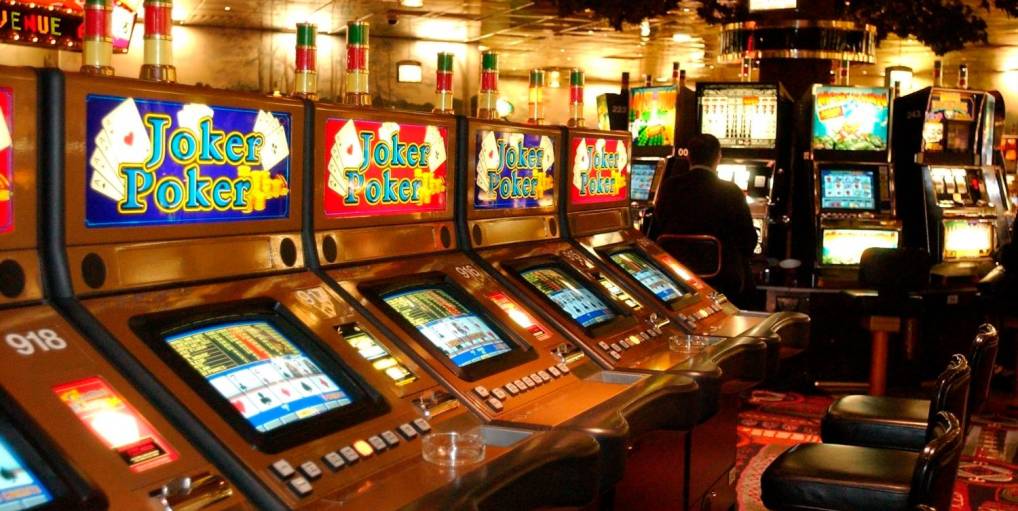Latest in Casino News: Latest Developments in Game Regulations

The realm of gambling games is constantly changing, shaped by changing laws, tech innovations, and changing consumer preferences. While authorities and regulatory bodies strive to create a safe and fair space for gamblers, the framework of casino regulations is experiencing significant transformations. Grasping these changes is crucial for both operators and gamblers looking to navigate the thrilling yet intricate world of gambling.
Recently, multiple jurisdictions have proposed and implemented new regulations designed to enhancing the protection of players while promoting ethical gaming. These changes not only influence the varieties of casino games offered but also the manner in which they are advertised and obtained. In this piece, we will examine the most recent regulatory updates, their implications for the industry, and what players can expect as they engage with their preferred gambling games.
Updated Legislative Frameworks
Recent developments in gaming rules are shaping the direction of gambling entertainment across multiple areas. 78win wiki Authorities are acknowledging the need for a strong regulatory system that not solely shields players while also ensures equitable gaming and accountable behavior. These frameworks are crafted to address challenges such as online gambling, digital currencies, and developments in technology, reflecting the changing landscape of the gaming industry.
One significant development is the introduction of tighter policies regarding transparency and consumer security. Gaming establishments are now required to offer transparent information on probabilities, returns, and the possible risks associated with betting. This transition aims to enable gamblers by allowing them take wise choices while also aiding to combat gambling problems through accountable gambling measures. Operators are expected to establish self-exclusion programs and offer assistance for individuals seeking help.
Additionally, novel regulations are being implemented to emerging technologies such as virtual reality and distributed ledger technology in gaming games. Regulators are developing frameworks to ensure that these innovations maintain authenticity and equity while also securing player data. Nhà cái 78win As the industry progresses, regulators are adapting to confirm that advancements improve the gaming atmosphere while protecting both players and providers.
Impact on Casino Game Variety
The recent updates in gaming rules have opened new pathways for games, allowing for greater creativity and diversity within the industry. As authorities modernize their guidelines, game developers are encouraged to design distinct game offerings that address a larger demographic. This has led to a diverse tapestry of fresh titles, incorporating multiple concepts, genres, and systems that were previously ignored or constrained by more rigid regulations.
With a less rigid regulatory environment, gaming establishments are now free to test different types of games, including skill-based games and interactive experiences. This shift has led to a boom in hybrid games that mix conventional gambling features with modern gaming trends, such as electronic gaming and augmented reality. By broadening the variety of games presented, gambling establishments can draw in not only experienced gamblers but also casual players who may prefer alternative options.
Furthermore, the advancement of rules has emphasized transparency and equity in gambling, which could instill increased player confidence. As a consequence, consumers are more open to try a greater range of gaming experiences, realizing they are participating in services that adhere to modern standards. This growing trust enhances player participation and can ultimately boost profitability as more diverse choices address varying interests and audiences in the gaming community.
Upcoming Transitions in Oversight
As the gambling landscape develops, oversight bodies are progressively focused on adopting tech-driven solutions to enhance clarity and fairness. The adoption of blockchain technology into gambling games is projected to gain momentum, allowing for increased oversight of operations and ensuring that games remain just and secure. This transition could lead to a compliance framework that welcomes these advancements, promoting trust among gamblers and businesses alike.
In addition to tech-based integration, there will likely be a stronger emphasis on safe gaming strategies within the oversight environment. Authorities are anticipated to implement stricter measures to promote participant protection, including compulsory self-exclusion initiatives and robust age verification processes. This change aims to safeguard vulnerable populations while ensuring that the pleasure of casino games is preserved for prudent gamblers.
Lastly, as digital gaming continues to expand globally, standardization of oversight across different areas will become a urgent need. Countries may strive to work together more closely on common standards for licensing, operation, and taxation. This could lead to a more efficient regulatory framework for international operators, fostering a broader acceptance of digital gaming games while maintaining strong of participant protection and honesty in the gambling industry.
